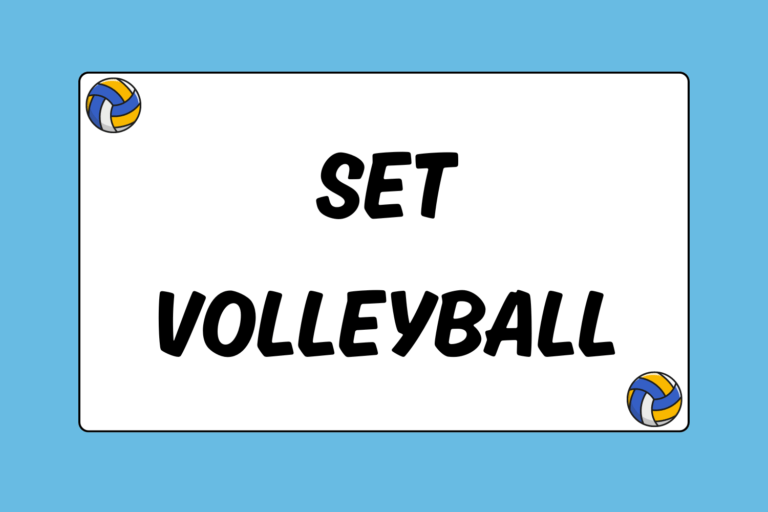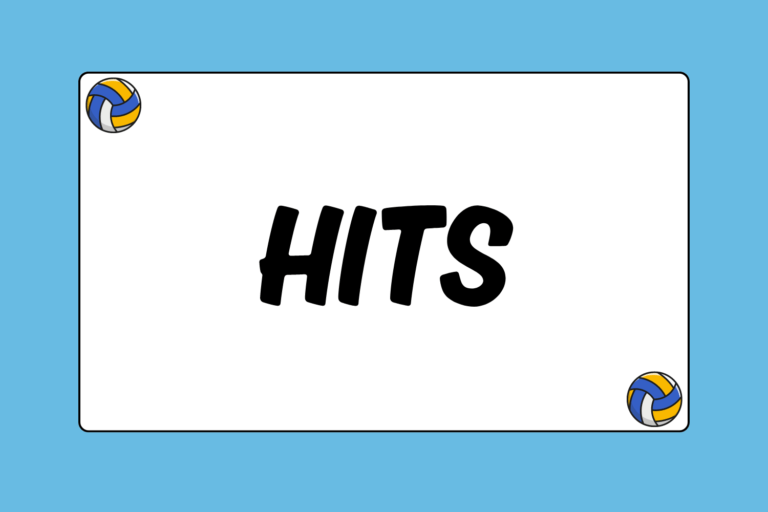If you are a sports fan it is very likely that you have witnessed a botched call by a referee. Maybe it was a base runner called safe when he/she should have been out; or perhaps it was an undeserved foul awarded to a basketball player. Even a volleyball official signaling that the ball was in despite the fact that it landed a foot outside of the court boundaries isn’t exactly an uncommon occurrence.
Although referee error is an unavoidable part of all sports, most athletes don’t go into a game thinking about the officials. However, knowing how to deal with referees if you find yourself on the losing side of an official’s bad call can be very helpful. Taking the right steps when contesting an official’s bad call will increase the likelihood that the referee will consider your point. Here are some things to keep in mind when contesting an official’s call.
Step 1: Stay Calm
Keeping your cool is often easier said than done, but it is well worth the effort. Volleyball officials take pride in what they do and are trying their best to get the call right. You wouldn’t appreciate it if the referee jumped off their stand, got in your face, and started screaming at the top of their lungs every time you made a mistake.
So take a couple of extra seconds to chant or take a couple of deep breaths – whatever works for you. The official will be more likely to see your point if you are able to stay calm.
Hot Tip: Hail Captain
According to the official volleyball rules, only the floor captain — a title that is designated in the score book before each game — can talk to the official during match play. It is the captain’s duty to keep their teammates and their coach from addressing the referee during the play.
Step 2: Use Your Manners
Make your parents and your kindergarten teacher proud by putting your manners on display.
If you need to get an official’s attention, start with the phrase, “Excuse me ref” instead of “Hey you.” And be sure to throw in an occasional “Please” and “Thank you.” Officials will notice your effort to treat them with respect and they will do the same for you.
Step 3: Know the Officiating Hierarchy
The standard volleyball officiating crew is made up of a head official, a secondary official, two lines judges, a scorekeeper and a libero tracker. The head official – also called the “Up Ref” or the “R-1” – has the ultimate authority in a given match and the ability overrule a call made by another official on his/her court.
Step 4: Determine Whether it’s a Judgment Call
Regardless of how bad you might think an official’s judgment is, the rules say that a judgment call is not able to be protested. Rule infractions that are considered official’s “judgment calls” include double-hit fouls, lifts, and illegal contact fouls.
While you cannot protest a judgment call, you can (politely) ask the official a clarification. For example, if a ball lands on the line and the referee signals that the ball is out, the floor captain can ask for a clarification of the rule regarding the boundary lines.
Hot Tip: Final Say
A team is allowed to protest an official’s application of a rule in a given circumstance. So if a line judge makes a call in your favor, but the head official makes the same call against you, keep in mind that it might be a waste of time to argue that the line judge’s call should hold more weight than the head official’s call.
Step 5: State Your Case
Once you have determined if the call you want to contest is one that is able to be protested, you are ready to plead your case. So proceed to the referee’s stand – in a cool and collected manner. Once there, Step 1 would be to politely ask for the official’s attention. Step 2 is to state your case.
Live to Fight Another Day
You should always remember that just because you see something one way doesn’t mean someone else will see the situation the same way. In other words, be prepared for and official’s call to hold up. Regardless of whether or not the call is changed, you still have a match to play. It’s better to accept the bad call and move on then let it affect your play for the rest of day.





